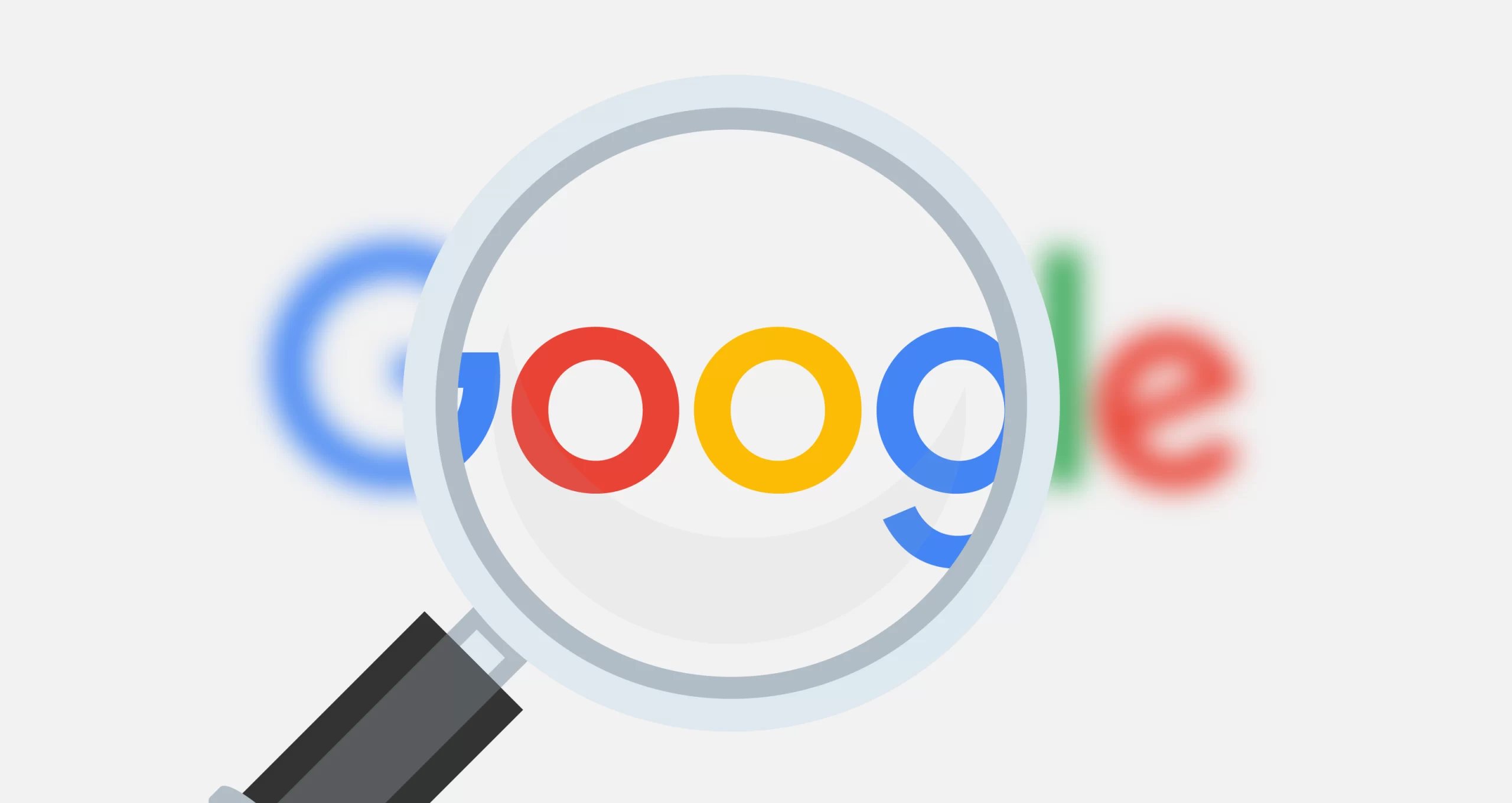With Google’s new Helpful Content Update rolling out, it’s never been more important to play by the search engine’s rules. Getting indexed by Google is of critical importance; it means that your site will be considered when it comes to user searches, and that in turn will increase visibility. You can have all the strong SEO in the world, but if you’re not being indexed, it won’t matter. Here are 10 tips for getting Google to index your site, and don’t worry; these tips should actually work!
1. Create valuable content
If there’s one thing Google wants websites to be above all else, it’s valuable. What does that mean? Well, imagine you’re a user who’s trying to find the answer to a query. If you type that query into Google, you want to make sure that the results you’re getting back will actually answer your question, right? That’s what “valuable” means in this context. Ensure that all of your site’s content is valuable, that it actually answers users’ questions, and that it’s not just trying to get clicks.
2. Add strong internal links
Each of your pages should also link back to other pages on your site. Internal linking is an important element of Google’s indexing process, but you should make sure that the internal links themselves are also strong. If you’re linking to a page that nobody will search for, Google is less likely to index it, as it won’t be counted as “valuable”. If, however, your internal links point back to pages that are also valuable, then you’ll stand a better chance of being indexed.
3. Use Google Search Console
If you’ve never heard of Google Search Console, you’re missing out. It’s a tool made by Google that monitors your site’s performance and search traffic, so you can see where users are ending up when they search for queries related to your site. This is an extremely important tool for indexing; by looking at Google Search Console, you can see where you might be going wrong and hopefully correct those mistakes to increase your chances of being indexed by Google.
4. Use Yoast
Is your site built on WordPress? If so, then you need to be using Yoast. It’s a completely free plugin for WordPress that will help you with your SEO practices, which could be the reason that you’re not being indexed. Your site is basically naked without Yoast; it can help you to see where your SEO is sub-optimal (such as in image metadata, for example, or keyword usage) and then help you to optimise your content so that your SEO is on point. We shouldn’t have to explain why that’s useful!
5. Make a sitemap
Using tools like Screaming Frog, you can create a sitemap for your website, which will help Google’s “crawlers” to know where to go more intuitively. Crawling is a process by which search engines check your website for pages that they need to index, and without a sitemap, the crawling process can be painfully slow. That’s why it’s important to use a sitemap to help Google know where it needs to be and which pages it needs to access for indexing purposes.
This tip is less of a technical one and more of a general direction for your content. It’s very important to foster authority on your website. That means you should make sure that all of your content is clear, authoritative, and knowledgeable. If it isn’t, then people won’t want to read it, and you can’t trick Google into prioritising websites that people don’t actually want to read. In the end, users are the arbiters of taste on Google, and they’ll determine whether something is worthwhile or not.
If people on social media are organically sharing your content with one another, then you’re in for a much better chance of being indexed by Google. Basically, the fewer SEO tricks you need to use to get Google to index your site – that is, the more people organically, naturally want to access your content – then the better that will be for you. That’s why you should make sure you’re posting content to social media regularly, so that people have the chance to share it.
8. Optimise your robots.txt file
Your robots.txt file is a document that tells Google where it can and cannot go while it’s crawling your site. There might be problems within that file that are leading to Google failing to index pages properly, so make sure to comb your robots.txt and check for blocks or other problems. Again, Google Search Console can help you to check for these issues, and there are third-party tools out there that will do it for you as well (although we wouldn’t recommend those, as the process is fairly simple).
9. Check for orphaned pages
Orphaned pages are pages on your site that don’t have any internal links heading their way. Google can’t find these pages by itself, because its crawling process relies entirely on checking the internet, and if the page doesn’t have any links pointing to it, then Google won’t find it. You can use many Site Audit tools online to help you check for orphaned pages, and you should do so, because they could be having a seriously negative impact on your indexing.
10. Review content regularly
If your site is growing rapidly, then you may find that you have a lot of old content lying around that you don’t want anymore. When that’s the case, you need to make sure that you’re removing that content as frequently as possible. If Google sees a lot of pages that it doesn’t deem valuable, that will lower the overall quality of your site, thus in turn reducing your chances of being indexed. Make sure to review your site regularly and check for bad content that needs to be removed.


